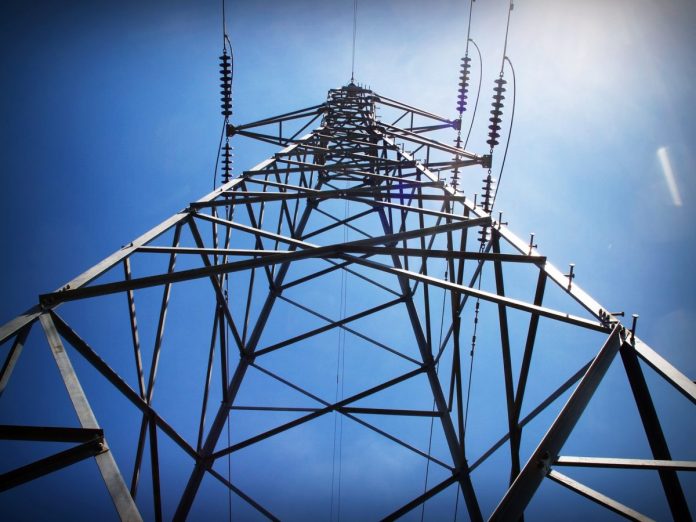Global thinktank the Institute for Energy Economics and Financial Analysis (Ieefa) has recommended Bangladesh turn to renewables, rather than costly coal and liquefied natural gas (LNG) imports as the nation tries to recover from the Covid-19 crisis.
The U.S.-based organization said the power generation glut in the country, which had already seen less than half of power plant capacity operating in the 2018-19 fiscal year, had been exacerbated by the slump in energy demand prompted by Bangladesh’s Covid-19 industrial shutdown.
Ieefa reported Bangladeshi power plants had a capacity utilization rate of just 43% in 2018-19 and the national subsidy bill for power generation rose from $530 million in 2017-18 to $936 million a year later. The subsidy cost for the last fiscal year is expected to come in at $1.1 billion, according to Bangladesh Power Development Board estimates.
Economic impact
“A long-term switch from cheap domestic gas towards more expensive imported coal and liquefied natural gas (LNG), combined with the severe, long-term power overcapacity Bangladesh is on course for, is likely to see government subsidies continue to rise,” said Simon Nicholas, energy finance analyst with Ieefa and author of the study.
The thinktank said embracing cheap, modular renewable energy generation capacity and halting capacity payments to power companies could ease that financial burden on the state. Capacity payments are paid to generators for having the ability to power up plants to meet all conceivable demand peaks, whether such facilities are generating or lying idle.
Ieefa cited the low cost of a solar plant which came into operation in Bangladesh in September to supply power for just $65/MWh and pointed to predictions of further 5-10% price falls in the cost of solar over the next decade.
“With proper backing and commitment from the Bangladesh government, the cost of renewable energy would decline even further as has been seen in other parts of South Asia,” stated the Ieefa study, which also called for grid investment to meet power demand growth rising at a slower rate than previously predicted.
Land
Analyst Nicholas also cast doubt on the widely held notion land shortages could restrict the deployment of renewables capacity in the nation, stating: “The amount of land suitable for renewables in Bangladesh is likely to be more than previously assumed.”
A study published last year estimated the nation could host 156 GW of large scale solar generation capacity, 35 GW of rooftop PV and 31 GW of floating solar, as well as 134 GW of offshore wind and 16 GW of onshore turbines.
Bangladesh should reprioritise its power system development, according to Ieefa, and redirect resources to technologies to deliver the price stability and competitiveness required to realise its climate change and clean energy ambitions.
“Bangladesh is well-positioned to take advantage of deflationary renewable energy to reduce overall system cost and provide affordable energy to households and industry,” added the report. “Bangladesh, as a net importer of fossil fuels, stands to be a leading beneficiary of this transition to renewable energy. The heavy financial and environmental burdens perpetuated by importing and burning fossil fuels must surely now give Bangladesh the impetus it needs to embrace the sustainable benefits of renewable energy.”
Bangladesh wants to generate 10% of its electricity from renewables by next year.






